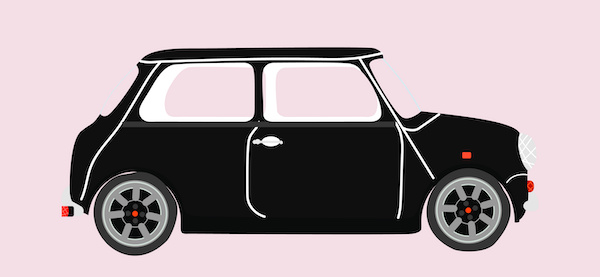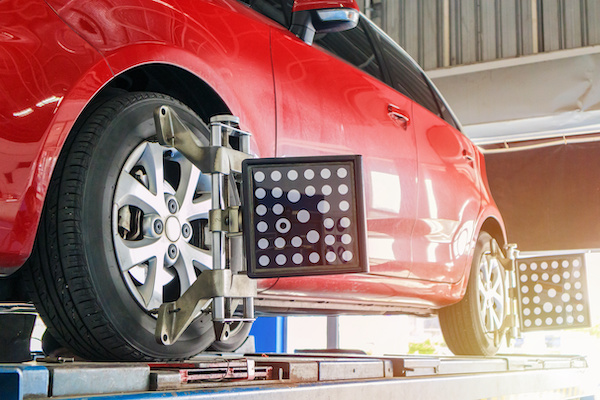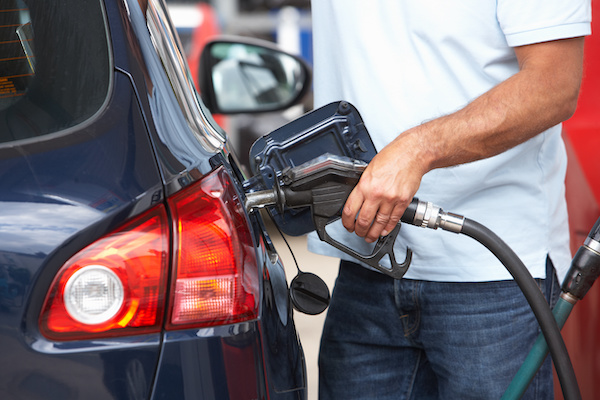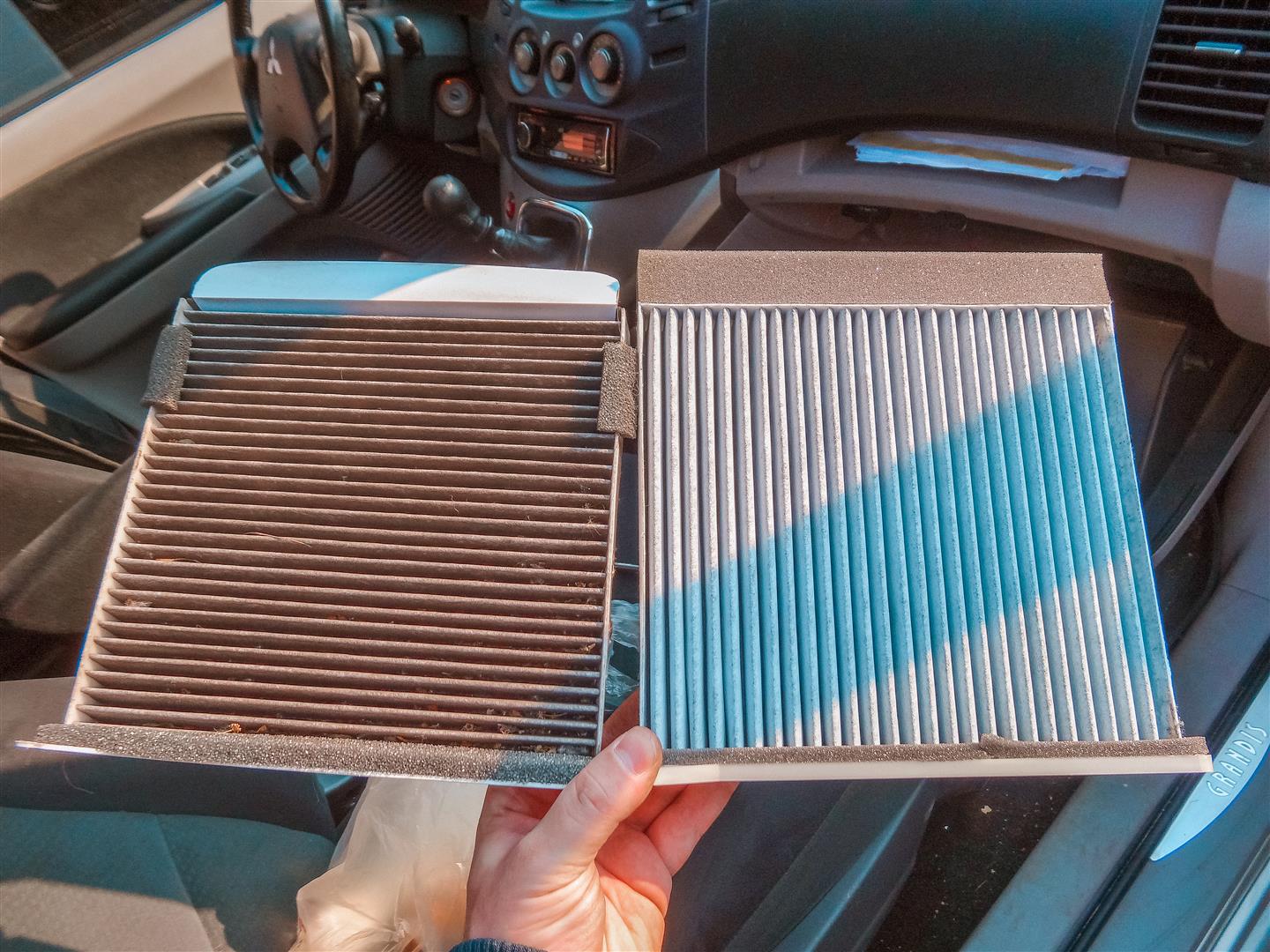Posted on 7/30/2023

Regular maintenance check-ups are not just an optional expense for MINI car owners but a wise investment in preventing potentially costly repairs. You can save time and money by proactively addressing minor issues before they escalate. Regularly carrying out preventative maintenance can help you avoid expensive repairs. Benefits of Regular Check-Ups for Your MINI Carrying out regular check-ups on your vehicle has the following benefits: 1. Identifying Potential Issues Early During regular check-ups, trained technicians inspect various components of your vehicle to identify any potential problems early on. This includes checking for leaks, worn-out parts, or signs of damage that may lead to more significant issues if left unaddressed. By catching these problems early, you can prevent them from developing into larger, more expensive repairs. 2. Extending the Lifespan of Your Vehicle Routine maintenance activities like replacing filters and changing oil and fluid top-offs ensure you ... read more
Posted on 6/26/2023

If you're a car owner, you probably may have encountered some difficulties when steering your vehicle. This is mostly a problem caused by misaligned wheels. Always remember driving a car with misaligned wheels not only puts your life in jeopardy but also endangers the lives of your loved ones and other road users. That's why in this article we'll explore some of the signs that indicate your vehicle's wheels are improperly aligned. Rapid and Uneven Tire Wear If you notice your car tires are quickly and unevenly wearing out, this is a symptom of a vehicle with alignment problems. And this scenario calls for a visit to an auto shop to have the problem corrected. Crooked Steering Wheel and Experiencing Difficulties Sticking to your Lane While camber on the road may lead to crooked steering wheels, misaligned wheels are a major cause of this problem. Always remember your steering wheel should always sit at the center. If otherwise or you encounter difficulties when trying ... read more
Posted on 5/30/2023

If you're in the market for a fuel-efficient vehicle that embodies luxury, performance, and sustainability, European brands have got you covered. Here are some of our favorites at Romay's Auto Service! BMW i3: The BMW i3 represents the epitome of electric mobility without compromising on style and driving dynamics. This all-electric car boasts impressive efficiency, allowing you to travel long distances while emitting zero emissions. With its lightweight construction, regenerative braking system, and advanced battery technology, the BMW i3 is a frontrunner in the realm of sustainable driving. Mercedes-Benz A-Class: Combining luxury and efficiency, the Mercedes-Benz A-Class offers a range of gasoline engine options that prioritize fuel economy. Whether you choose the A 180 or A 250 model, you can expect excellent fuel efficiency without sacrificing performance or comfort. The A-Class is a perfect blend of elegance, technology, and efficiency. Audi A3 e-tron: The Audi ... read more
Posted on 4/27/2023

This time of year is a great time to give your Volkswagen a fresh start. As we say goodbye to winter weather, it is important for you to know that some maintenance is required to make sure your vehicle is ready for the warmer months ahead. The team at Romay's Auto Service is excited to share some tips on how to freshen up your Volkswagen for spring. Spring Clean Your Volkswagen The first thing you need to do is to give your Volkswagen a thorough cleaning, both inside and out. You can start by washing your car with a mild soap and water, and please make sure to scrub the wheels and tires as well. Then, use a clay bar to remove contaminants and give your car a smooth surface. Finally, wax your Volkswagen to protect the paint and give it a shiny finish. Replace the Motor Oil Changing the oil in your Volkswagen is an essential part of car maintenance. A good rule of thumb is to change the oil every 5,000 miles or six months, whichever comes first. Fresh oil helps keep your Volkswa ... read more
Posted on 3/30/2023

The cabin air filter is a pleated paper or mesh filter typically located behind the glove box or under the dashboard on the vehicle's passenger side. It is a critical component of most cars, including MINIs. It is a part intended to capture airborne contaminants and pollutants that enter the HVAC system as air flows through the vents into the passenger cabin. Why is the Cabin Air Filter Important? The cabin air filter is necessary in maintaining the air quality inside your MINI. Without a properly functioning cabin air filter, the air inside your car can become contaminated with pollutants, allergens, and other bad particles that can negatively impact your health and well-being. A dirty or full cabin air filter can also reduce the efficiency of your HVAC system, causing it to work harder than necessary to maintain a comfortable temperature inside the vehicle. As a result, it can lead to increased wear and tear on the HVAC system, potentially resulting in costly repairs. When S ... read more